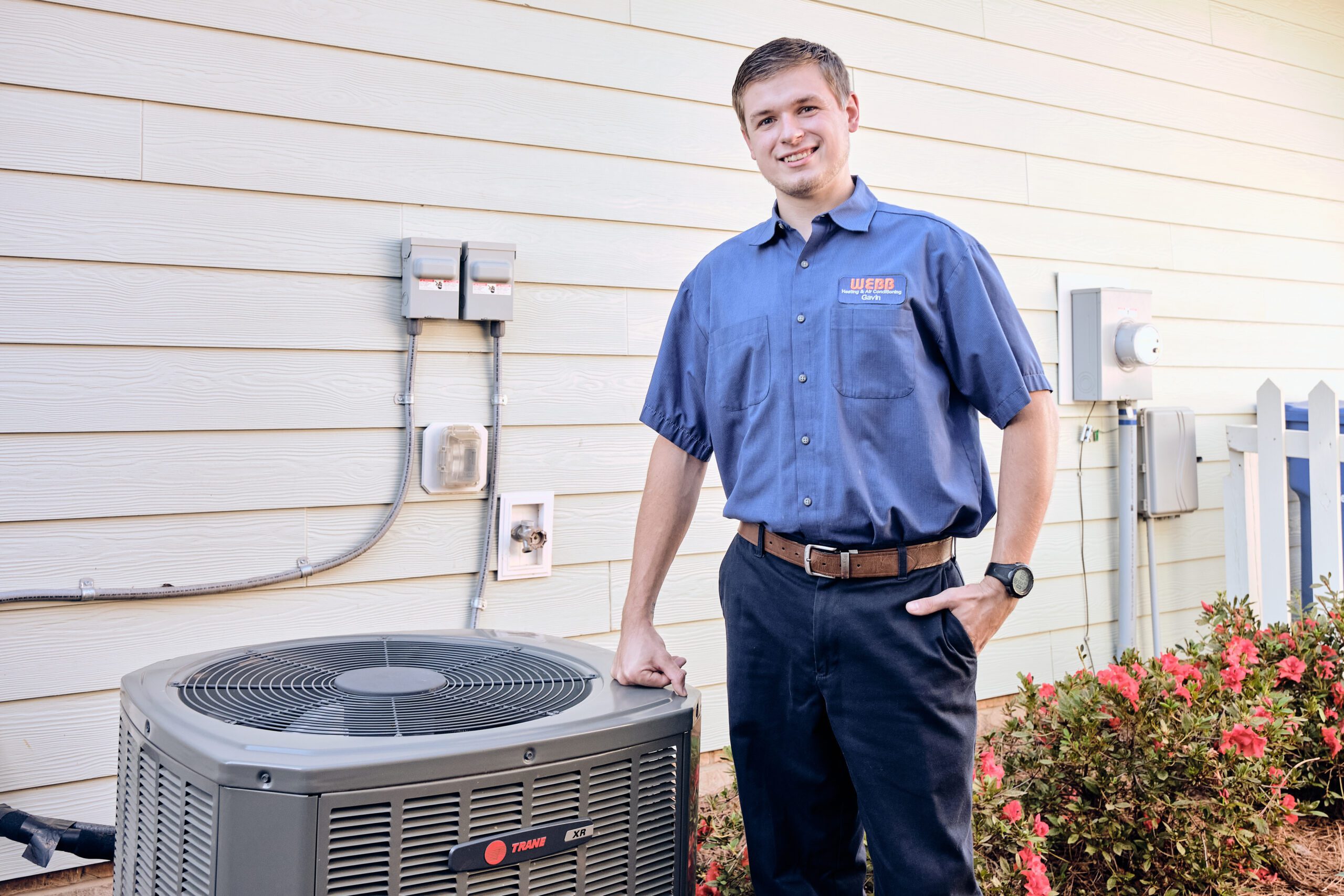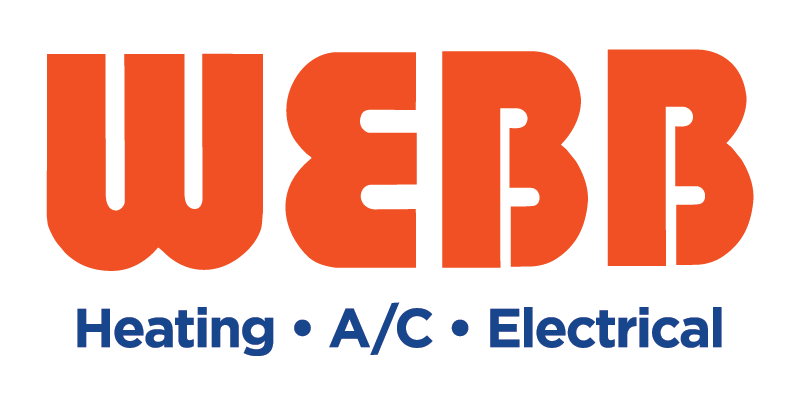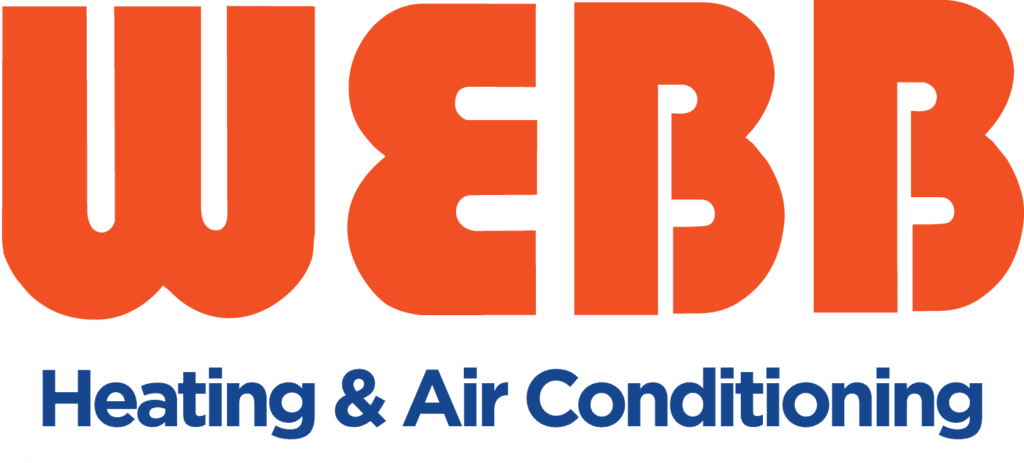Frequently Asked Questions
Take a look at the answers to these frequently asked questions, and feel free to give us a call if you would like any further information.

General HVAC Knowledge
Q: How does my heating & air conditioning system move air throughout my home?
A: A fan draws indoor air in through vents called return grills located throughout your home. The air travels through ducts that run to your system’s air handler, where it is returned into the conditioned space through supply vents or registers in your wall, ceilings or floors.
Q: What does SEER mean?
A: SEER stands for Seasonal Energy Efficiency Ratio. The SEER rating of a unit is the cooling output during a typical cooling season, divided by the total electric energy input during the same period of time. The higher the SEER rating, the more efficient your unit is.
Q: What does the tonnage of my system indicate?
A: Despite what it sounds like, the tonnage of an HVAC system does not have to do with its weight. A ton is a term of measurement that refers to the amount of heat the AC unit can remove from a home in one hour.
Q: What is the difference between R-410A refrigerant and R-22 refrigerant?
A: R-22 is a hydro-chlorofluorocarbon (HCFC), which is harmful to the environment and contributes to ozone depletion. The newer, more efficient, and safer refrigerant is R-410A. This type of refrigerant is hydro-fluorocarbon (HFC), which does not contribute to ozone depletion. Manufacturers have stopped producing equipment that requires R-22 refrigerant and are now solely producing equipment that operates with the environmentally friendly refrigerant, R-410A.
Q: What is the average lifespan of a heat pump?
A: This answer varies between brands. The typical lifespan of a heat pump system is between 12-15 years.
Q: What is a zoned system?
A: An HVAC zoning system is a heating and cooling system that uses dampers in the ductwork to regulate and redirect airflow to specific areas of your home. This regulation allows for the customized temperature zones throughout the home for increased comfort and efficiency. Zoned systems are most commonly used in homes that have issues keeping certain rooms at comfortable temperatures, due to factors such as large windows, an added bonus room, or a top floor that stays warmer than the main level of the home.
Filters
Large media filters are built to last between 6 & 12 months. These filters require less attention, but involve a larger investment on the front end. For more information on these filters, please give one of our two locations a call!
Emergency Heat
Q: When should I use emergency heat?
A: Emergency heat is only to be turned on in the event of the primary heating source being compromised. For example, if a tree happens to fall onto your outdoor unit in the middle of winter, you will need a backup form of heat, which is when your emergency heat comes into play. While the emergency heat is running, we do advise you to call our office in order to have a service technician come out to make repairs.
Q: Is emergency heat more expensive to run?
A: Since your second stage heat source is designed to be used on rare occasions (truly making it secondary), it does cost more to be in this stage of heating. Running your heat pump on emergency heat increases the system’s energy usage, resulting in higher energy bills.
Service
Q: What are the benefits of a scheduled maintenance program?
A:
- Comprehensive Maintenance Inspections, Inspections will follow industry recommended procedures and will be conducted by qualified, professional service technicians twice a year.
- No Overtime Charges, If your equipment requires an evening or weekend emergency repair, you will never be charged overtime rates
- 15% Discount on Parts, If additional parts are needed to repair your equipment, they will be discounted 15%.
- Priority Service, A maintenance agreement increases HVAC system reliability, but should you need repair service, you will be treated as a priority customer.
- Efficient Equipment Operation, Everyone knows that their car needs routine oil changes and maintenance to run smoothly and efficiently. Your heating & A/C equipment works the same way. By having it thoroughly inspected, cleaned, and adjusted, you are keeping it running at its peak efficiency level.
- Extended Equipment Life, Equipment that is well-maintained will have an enhanced life expectancy. Potential problems can be corrected before they become costly repairs.
- Warranty Protection, Manufacturers recommend having a maintenance agreement on all new equipment. Some warranties may be void if the equipment hasn’t been properly maintained. This is not a warranty against system failure; however, it does reduce failures through proper maintenance and care.
- Adds to the Value of Your Home, Your maintenance agreement remains with your home if you decide to sell it. The new homeowner will have the same benefits of the agreement, plus the comfort of knowing the equipment has been well-maintained in years past.
- Peace of Mind, You can be confident that your HVAC equipment is being taken care of by our trained professionals at Webb Heating, Air Conditioning & Electrical. We have 40 years of experience and always stand behind our work. Customer satisfaction is our ultimate goal!
Q: Why is my AC system freezing up?
A: Several factors can cause this issue, most of which will need to be corrected by one of our trained service technicians. Common factors that cause system freezing are dirty filters, low refrigerant, a dirty evaporator coil, or even a defective blower motor or relay. In the event that your system does freeze, we advise you to turn the system off (simply turn thermostat to “off” setting) to thaw out, and then to call for a service technician to come diagnose the issue. We cannot repair a frozen system if it is still frozen.
Q: How much does it cost to have a service technician come to my house?
A: To determine the issue at hand, a service technician must run a series of tests in order to come to a diagnosis. We call this a “diagnostic” service call. The cost of this type of service call is $95. If any repairs are necessary, the technician will then quote the repair before moving forward.

Financing Options Available

Home Service Agreement
A well-maintained HVAC system can save you from having to invest in costly repairs down the road. Learn more about the home service agreement option offered by Webb Heating, Air Conditioning & Electrical.
